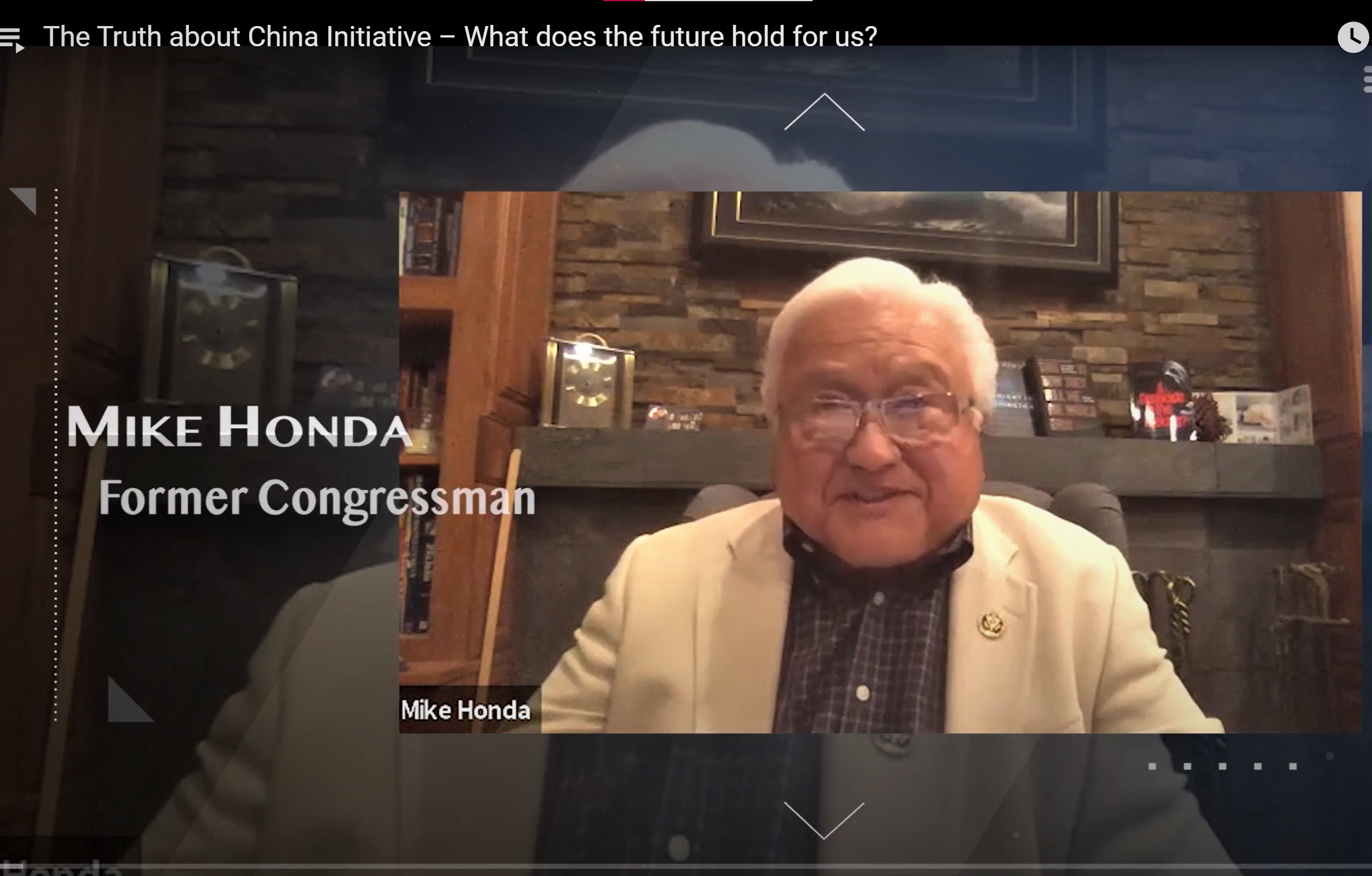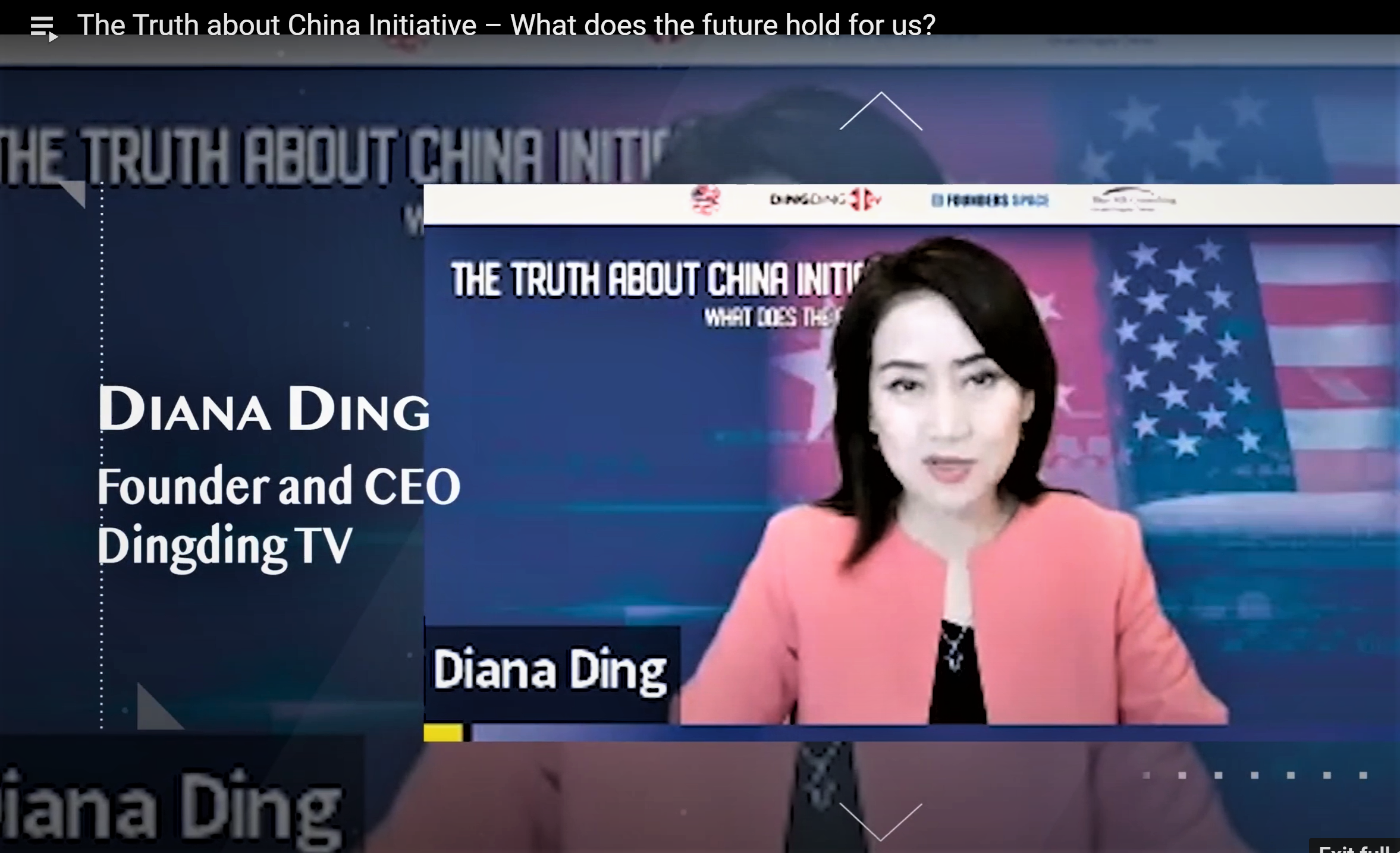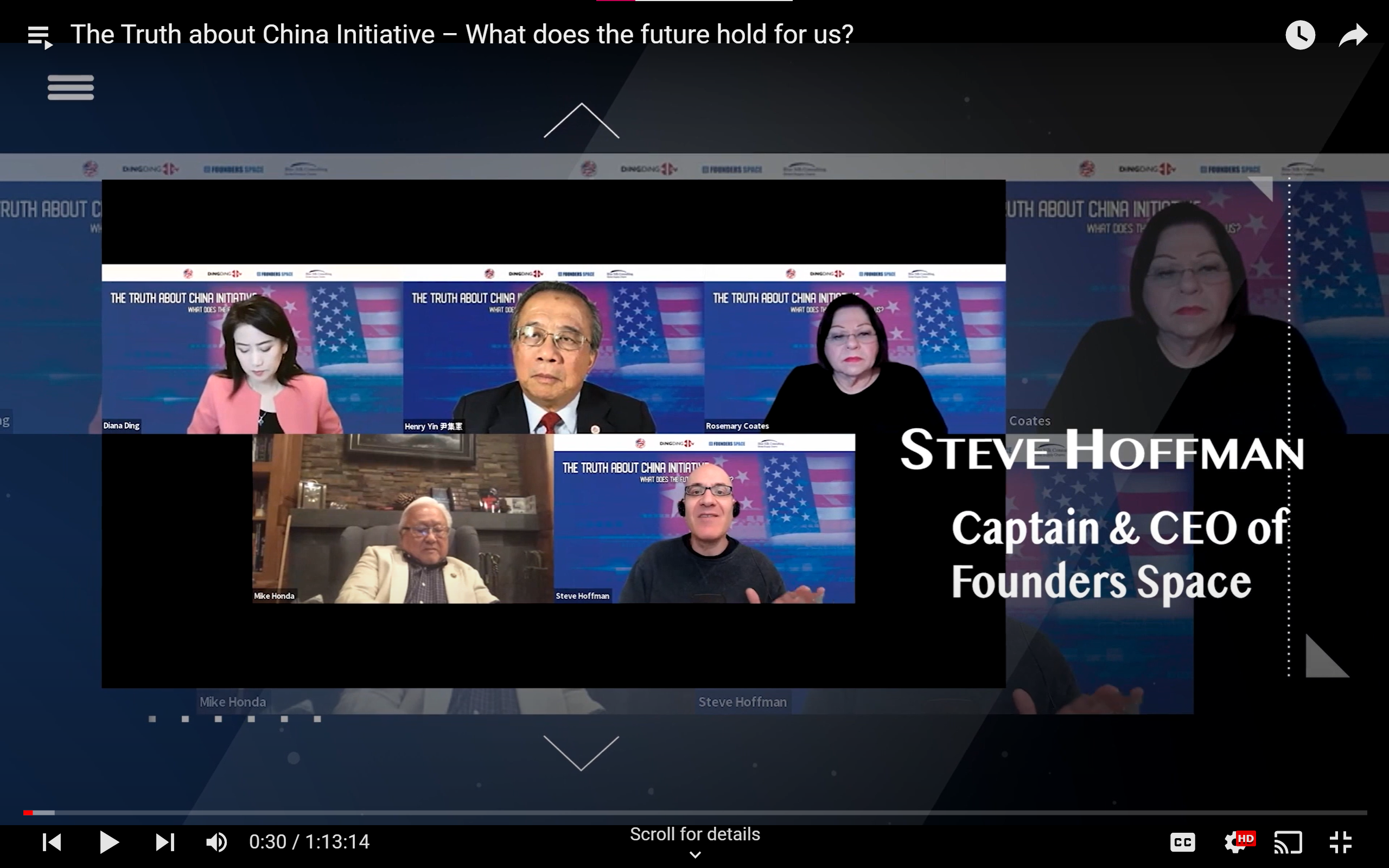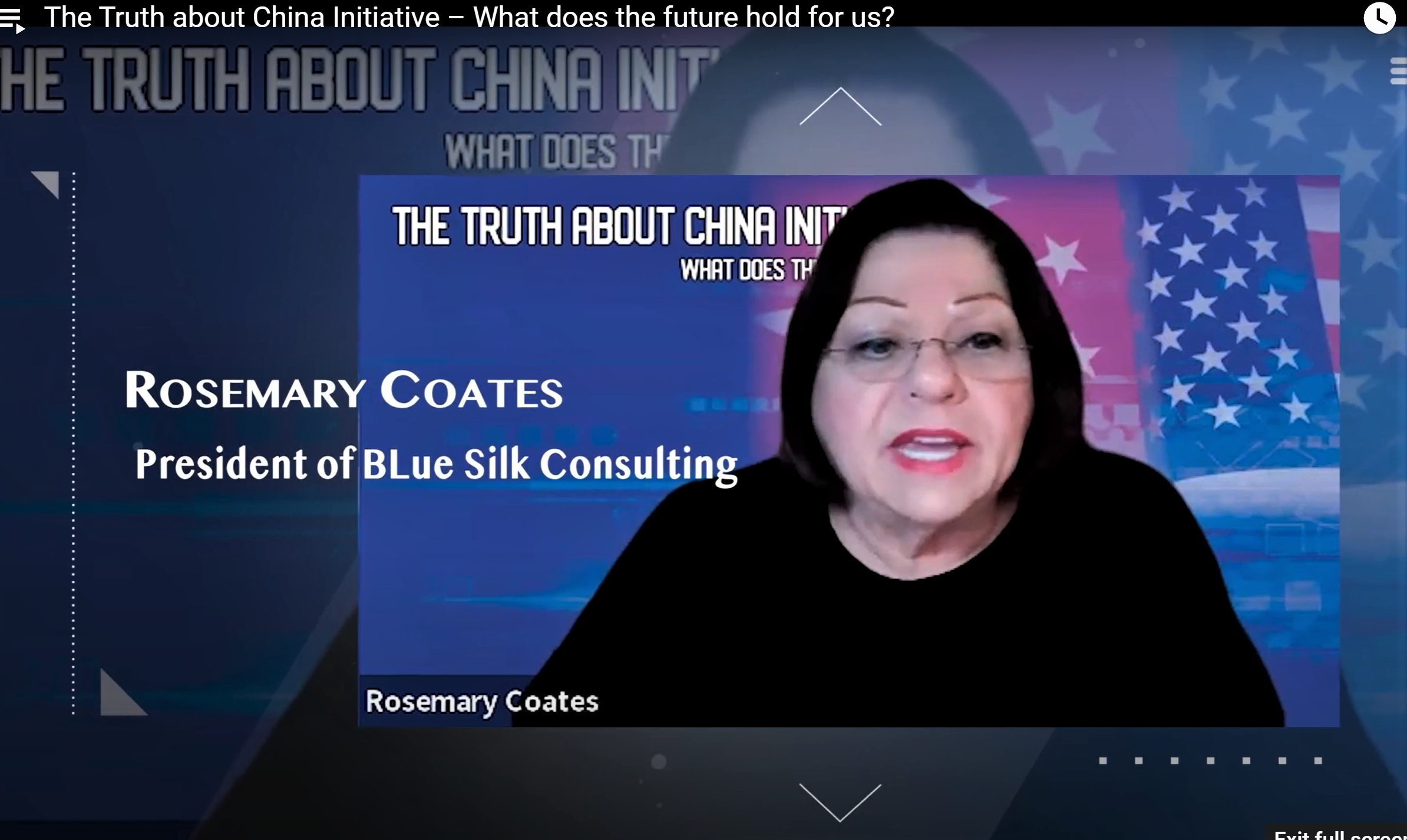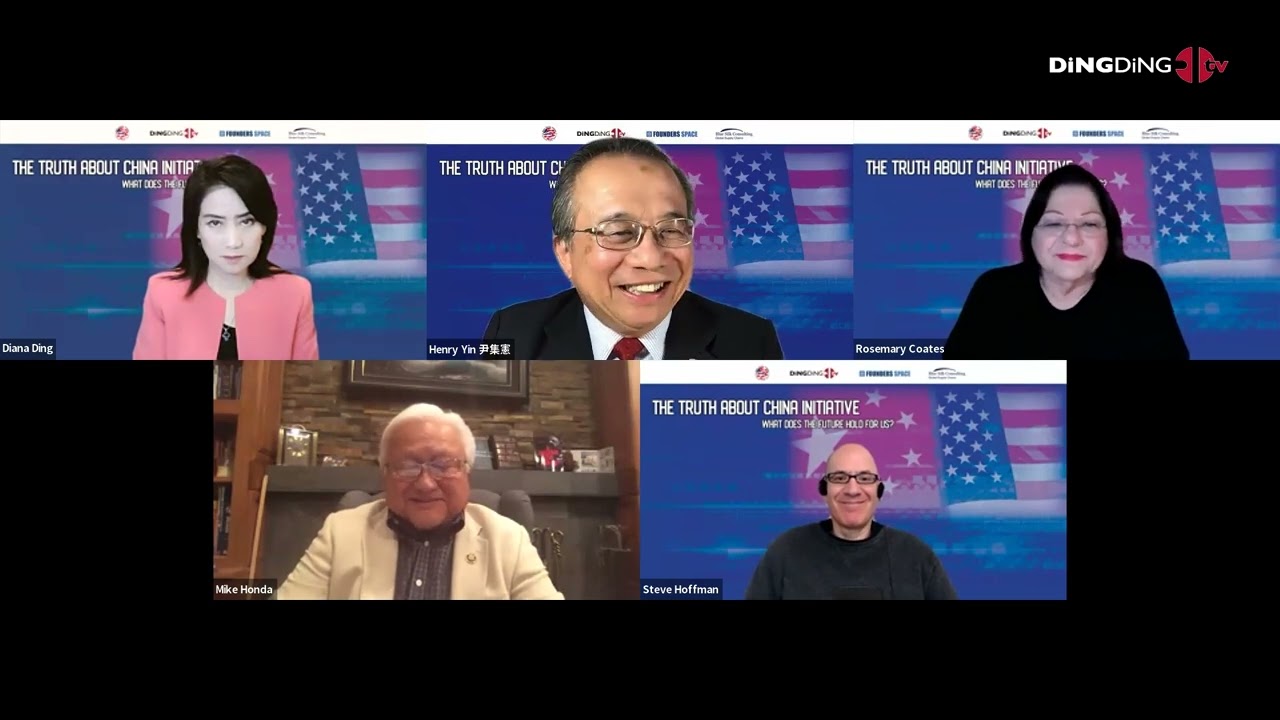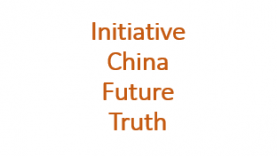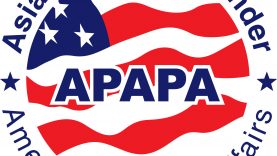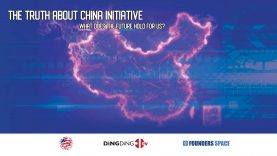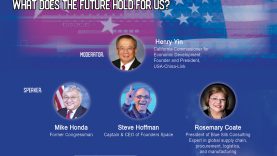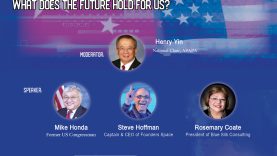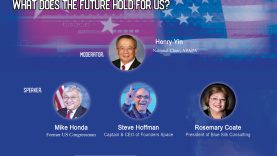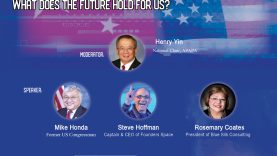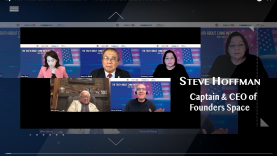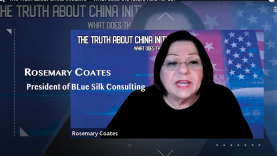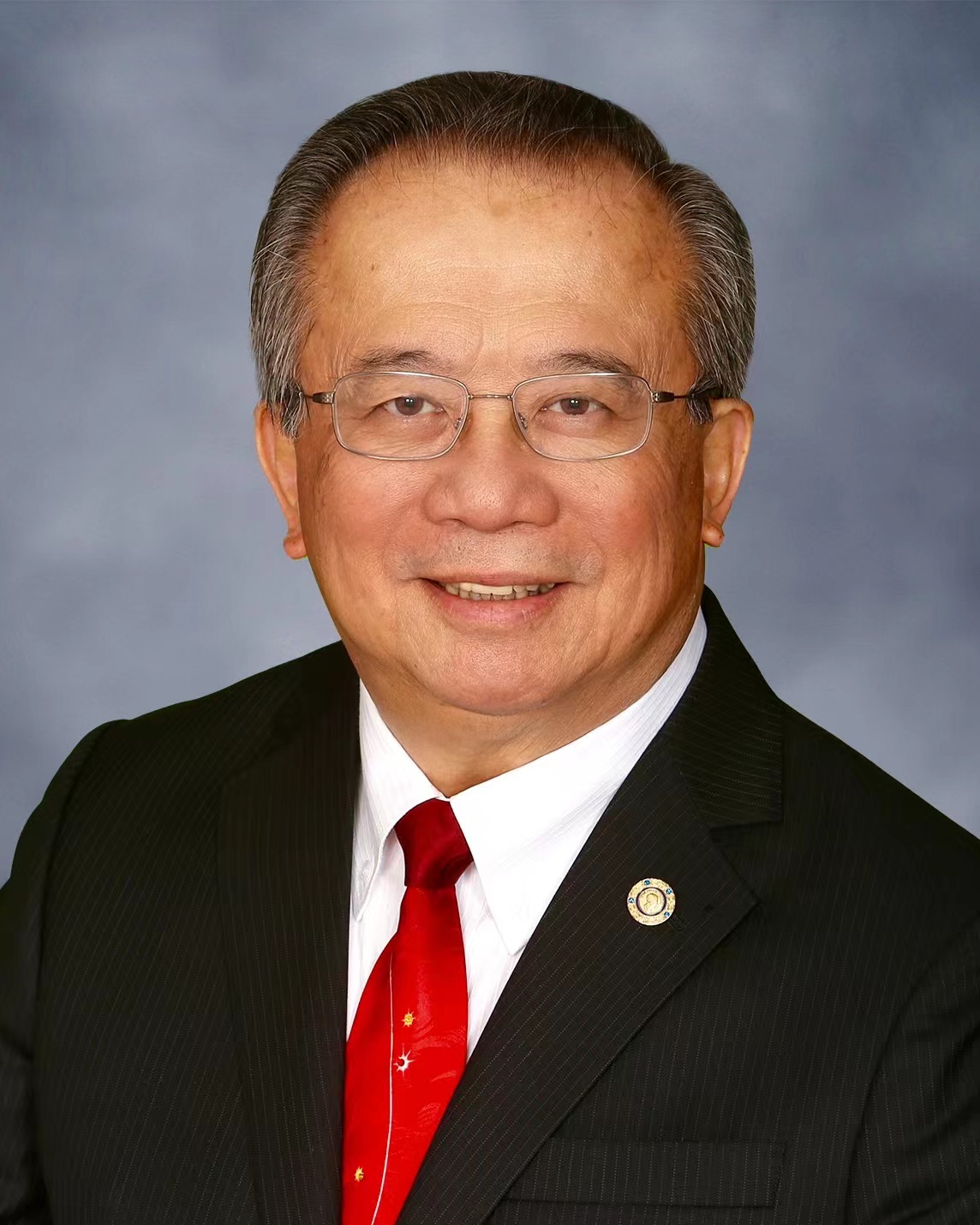The Truth about China Initiative – What does the future hold for us?
The Truth About the China Initiative: What Lies Ahead?
As alarming as the Trump Administration’s declaration may have been in 2018, the China Initiative is nothing new. We’re only now calling it for what it is and has always been.
According to former US Congressman, Mike Honda, “The China Initiative is not a partisan thing, either. It started with Clinton, moved through Bush and Obama, and now Trump and Biden.”
Both parties have engaged in efforts to counter supposed threats, at what is often the expense and emotional torture, of Chinese Americans in the Tech & Cyber industries.
It’s the “behavior of targeting Asian American scientists who are naturalized citizens that is really the issue,” says Honda.
Though the China Initiative is most infamous for its long track record of false accusations and, most notably, their Chen Gang blunder, the “Initiative” has also unfairly damaged the lives of Chinese Americans across its 20+ years of political enforcement and may yet continue if the root is left unplucked.
From the egregious treatment of Sherry Chen to the abrupt raid of Xiaoxing Xi’s home, wrongful accusations of espionage have turned homes completely upside down, tarnished reputations, and left many in financial and emotional crises.
Steven Hoffman, CEO of Founders Space, adds, “The government has been targeting based on ethnicity and not on confirmed actions. This is undermining our national security, not helping, and it’s showing how incompetent our FBI is from all the false accusations. Victims of this system suffer extreme emotional stress- we are only damaging ourselves and ruining others’ lives. We are not getting to the root of the problem with this method.”
But doesn’t the government hold the right to protect the interests of its citizens from espionage? Rosemary Coates, President of Bluesilk COnsulting, thinks so.
“The Government has every right to combat espionage and cyber threats no matter where they come from. The problem is prejudice and the uneven application of the laws.”
Coates’ point is amplified by Honda. “The China Initiative has only added to the anti-Chinese sentiment and helped fuel tensions over the past few years. The Government should formally apologize. Publicly.”
So, the question remains, what does the future hold for US & China collaborations in Tech and Commerce?
Hoffman holds nothing back in his critique. “There has been a real decoupling between US and China in terms of tech, relationships, and Co-operation, to business in general. it’s a real shame. We’re throwing the baby out with the bathwater. There are a lot of areas where our end goals are aligned and we shouldn’t be tossing out those initiatives due to trade disputes or national security.”
“Competition is healthy. We need to rethink our approach and come up with a diplomatic path forward.” Rosemary Coates added. “We should take a step back and look at what happened and how we change the road going forward.”
“Our economies are linked,” Hoffman continued. “It’s a global world and we must figure out how to create win-win scenarios. In a geopolitical arena, the more our economies are intertwined, the more collaborations we have, the less destructive rhetoric we throw around, and the better chance we will have to resolve these conflicts without resorting to such drastic measures.”
Adding to the other’s suggestions for a more constructive system, Mike Honda added “If we’re going to create trust, it should be based upon trust, transparency, and mutual benefit. We need to follow the constitution and due process. Not prosecute for misunderstanding the science or because they are targeted by a political policy.”
Indeed, the better alternative is when we stand up for the rights of all ethnic groups and not only when our own is being targeted. Standing united as a coalition of minorities makes us the Majority. And, lest we forget, the Majority rules.
“Just because the declaration to end the China Initiative was made doesn’t mean it’s going away,” Honda concluded.
It’s clear to see that with such a long and troubled history, the “China Initiative” will not be easily recovered from. Though this chapter of it’s 20+ year run has “officially” been scrapped, it will take great effort and a collective voice ringing out to our Government for a systemwide revolution to ensure the system does not create more victims like Chen Gang, Xiaoxing Xi, and Sherry Chen. Just because the declaration to end the China Initiative was made doesn’t mean it’s going away. The charges were dismissed, but the damage — to them, to Asian Americans, and to American science — has lingered. There is a lot more work to be done to prevent it from coming back.
Watch the video above for the full discussion about the China Initiative, its history and effects on the Asian American community, and the complications left in its wake with the future of US and Chinese relations in Tech & Commerce.
This forum was held Monday, February 28th at 7pm as a panel discussion with the distinguished speakers Former Congressman, Mike Honda; CEO of Founders Space, Steven Hoffman; and President of Bluesilk Consulting, Rosemary Coates. Forum moderated by the National Chair of APAPA, Henry Yin.
Organized by APAPA, Ding Ding TV, Founders Space.
Organizers:
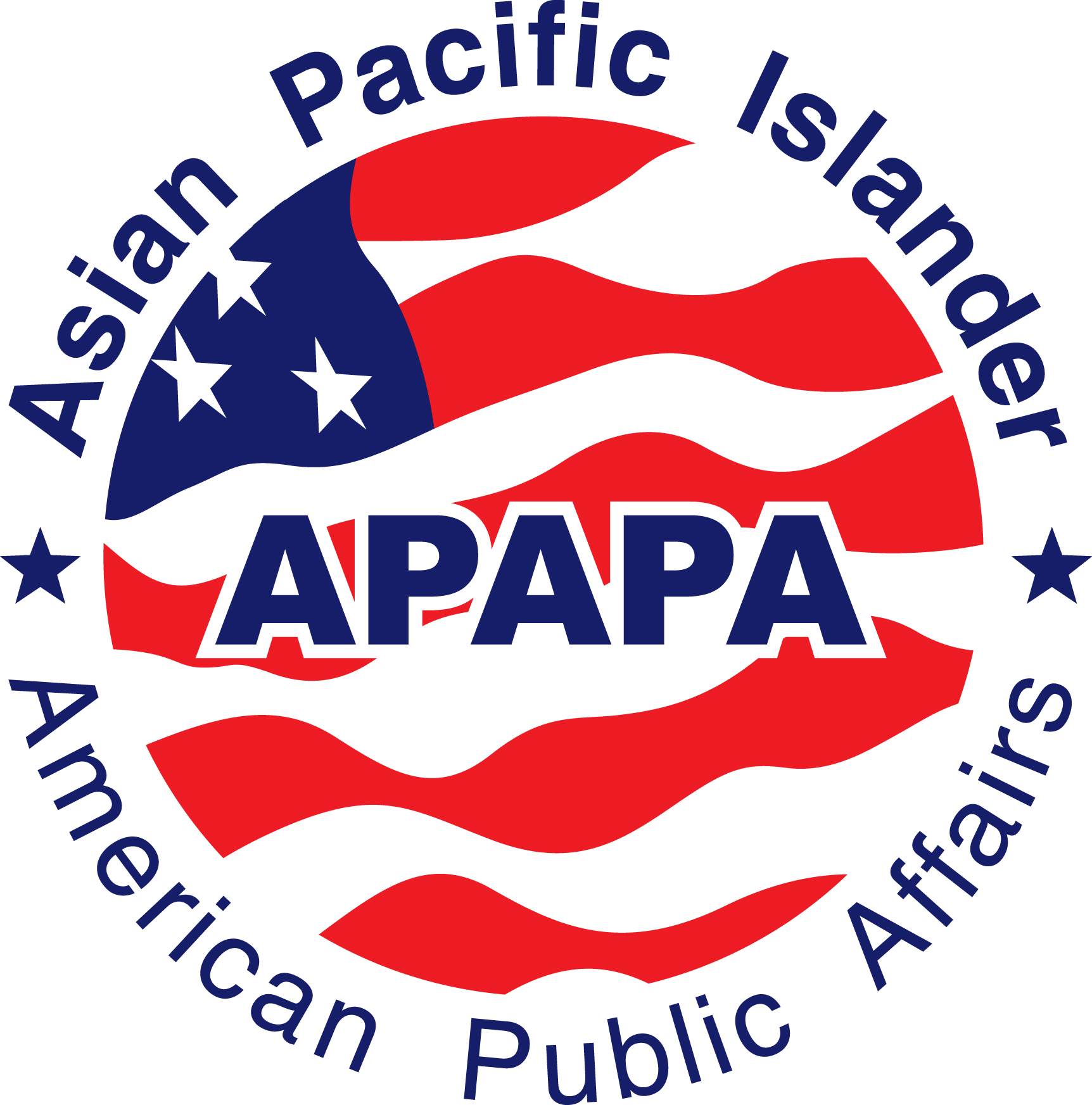 |
 |
 |
 |
View On 250+ media, reached potential 75M Audiences:
press-release-report-822292-2022-03-31_11_00_00
Moderator:
Henry Yin
National Chair, APAPA
California Commissioner for Economic Development; Senior Advisor, US House of Representatives; Founder and President, USA-China-Link; Former Chairman, Fremont Chamber of Commerce; Assistant District Governor, Rotary International District 5170.
Speaker:
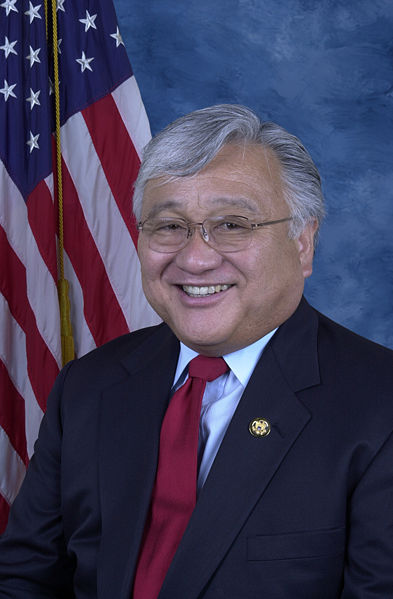
Mike Honda
In 1990 Mike was elected to the Santa Clara County Board of Supervisors and in 1996 to the California State Assembly.
Initially involved in education in California, he first became active in politics in 1971, when then San Jose mayor Norman Mineta appointed Honda to the city’s Planning Commission. Mineta later joined Bush and Clinton cabinets. After holding other positions, Honda was elected to the Santa Clara County Board of Supervisors in 1990, and to the California State Assembly in 1996, where he served until 2001.
In November 2003, Democratic National Committee chair Terry McAuliffe appointed Honda as deputy chair of the DNC. In February 2005, Honda was elected a vice-chair of the Democratic National Committee under the chairmanship of Howard Dean. In 2009, Honda was re-elected for a second term as DNC vice chair, under the chairmanship of former Virginia Governor Tim Kaine; he served in this role until 2013.
Steve Hoffman
Captain & CEO of Founders Space
Steve Hoffman (Captain Hoff) is the CEO of Founders Space, one of the world’s leading startup accelerators, with over 50 partners in 22 countries. Founders Space was ranked the #1 incubator for overseas startups by Forbes and Entrepreneur Magazines.
Hoffman is also a venture investor, founder of three venture-backed and two bootstrapped startups, and author of several award-winning books. These include “Make Elephants Fly” (published by Hachette), “Surviving a Startup” (published by HarperCollins), and “The Five Forces” (published by BenBella).
In addition, Hoffman is the founder of LavaMind, a games and entertainment startup. Hoffman served on the Board of Governors of the New Media Council, was the founder and Chairman of the Producers Guild Silicon Valley Chapter, and was a founding member of the Academy of Television’s Interactive Media Group.
While in Hollywood, Hoffman worked as a TV development executive at Fries Entertainment, known for producing over a hundred TV shows, acquired by MGM. He went on to pioneer interactive television with his venture-funded startup Spiderdance, which produced interactive TV shows with NBC, MTV, Turner, Warner Brothers, History Channel, Game Show Network, and others.
In Silicon Valley, Hoffman founded two more venture-backed startups, in the areas of games and entertainment, and worked as Mobile Studio Head for Infospace, with such hit mobile games as Tetris, Wheel of Fortune, Tomb Raider, Thief, Hitman, Skee-Ball, and X-Files.
Hoffman went on to launch Founders Space, with the mission to educate and accelerate entrepreneurs. Founders Space has become one of the top startup accelerators in the world. Hoffman has trained hundreds of startup founders and corporate executives in the art of innovation and provided consulting to many of the world’s largest corporations, including Qualcomm, Huawei, Bosch, Intel, Disney, Warner Brothers, NBC, Gulf Oil, Siemens, and Viacom.
Hoffman earned a bachelor’s degree in computer engineering from the University of California and a master’s degree in film and television from the University of Southern California. He currently resides in San Francisco but spends most of his time in the air, visiting startups, investors, and innovators all over the world.
President of Blue Silk Consulting
Expert in the global supply chain, procurement, logistics, and manufacturing.
She is an expert in global supply chain, procurement, logistics, and manufacturing. She has 30 years of experience in industry, consulting and expert witnessing. Her clients include 80 companies worldwide with manufacturing in China, Korea, Japan, Singapore, Malaysia, Mexico, Vietnam, and Europe. The sectors she has covered include: electronics, software, consumer products, apparel and footwear, toys, industrial products, automotive, transportation, oil & gas, aerospace, third-party logistics, contract manufacturing, and outsourcing. Rosemary authored five supply chain books including Amazon Best Seller “42 Rules for Sourcing and Manufacturing in China”, and “42 Rules for Superior Field Service” and “Negotiation Blueprinting for Buyers” and “Reshoring Guidebook” and “Legal Blacksmith- How To Avoid and Defend Supply Chain Disputes.” She is a Licensed U.S. Customs Broker.
The Truth about China Initiative – What does the future hold for us?
Panel Discussion, Date & Time: 02/28/2022 7pm PST
Only 5 weeks ago, A judge has approved the government’s motion to dismiss all charges against MIT mechanical engineering professor and nanotechnologist Gang Chen, nearly one year to the day after he was indicted on charges relating to his alleged failure to disclose relationships and funding from Chinese entities.
Professor Chen, born in China, was one of the most prominent scientists charged under the China Initiative, a Justice Department effort meant to counter economic espionage and national security threats.
There are many of these kinds of “Chen Gang”s even before the China Initiative:
· What is the “China Initiative”? Is this ending for real?
· What if the government continues to combat Chinese espionage and cyber threats?
· Why did this happen in the United States, the Democracy Role Model to the whole world?
· What is the future for US and China collaborations in Technology and Commerce?
· What’s the impact of the China Initiative on Asian Americans and ethnic groups?
· Most of the scientists charged under the China Initiative are Asian Americans, is this discrimination?
· What have our citizens and government learned from this and what can we do together?
Organized by APAPA, Ding Ding TV, Founders Space, Blue Silk Consulting
